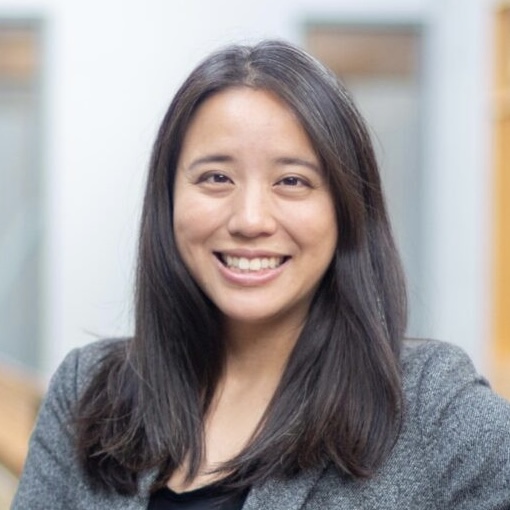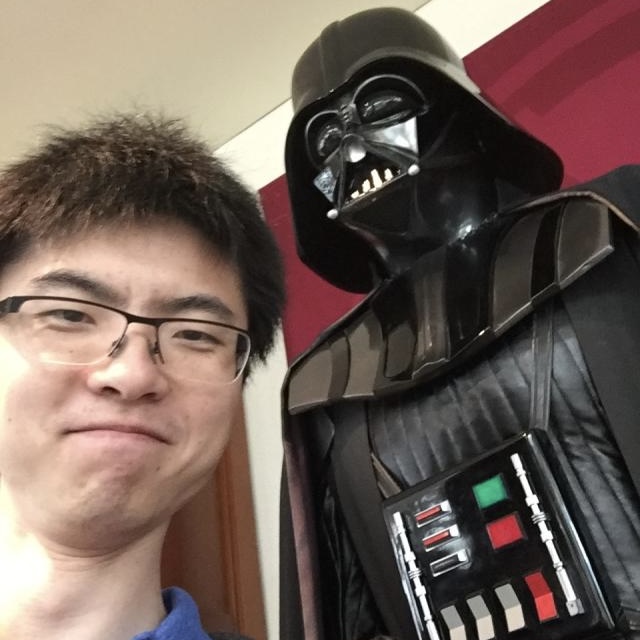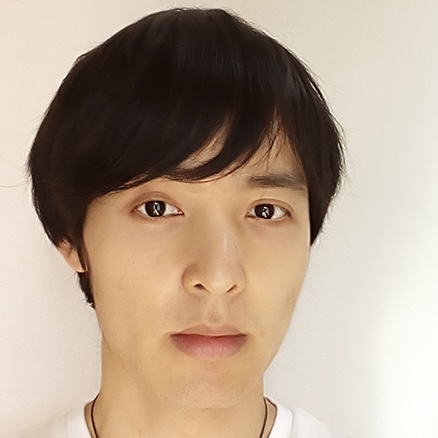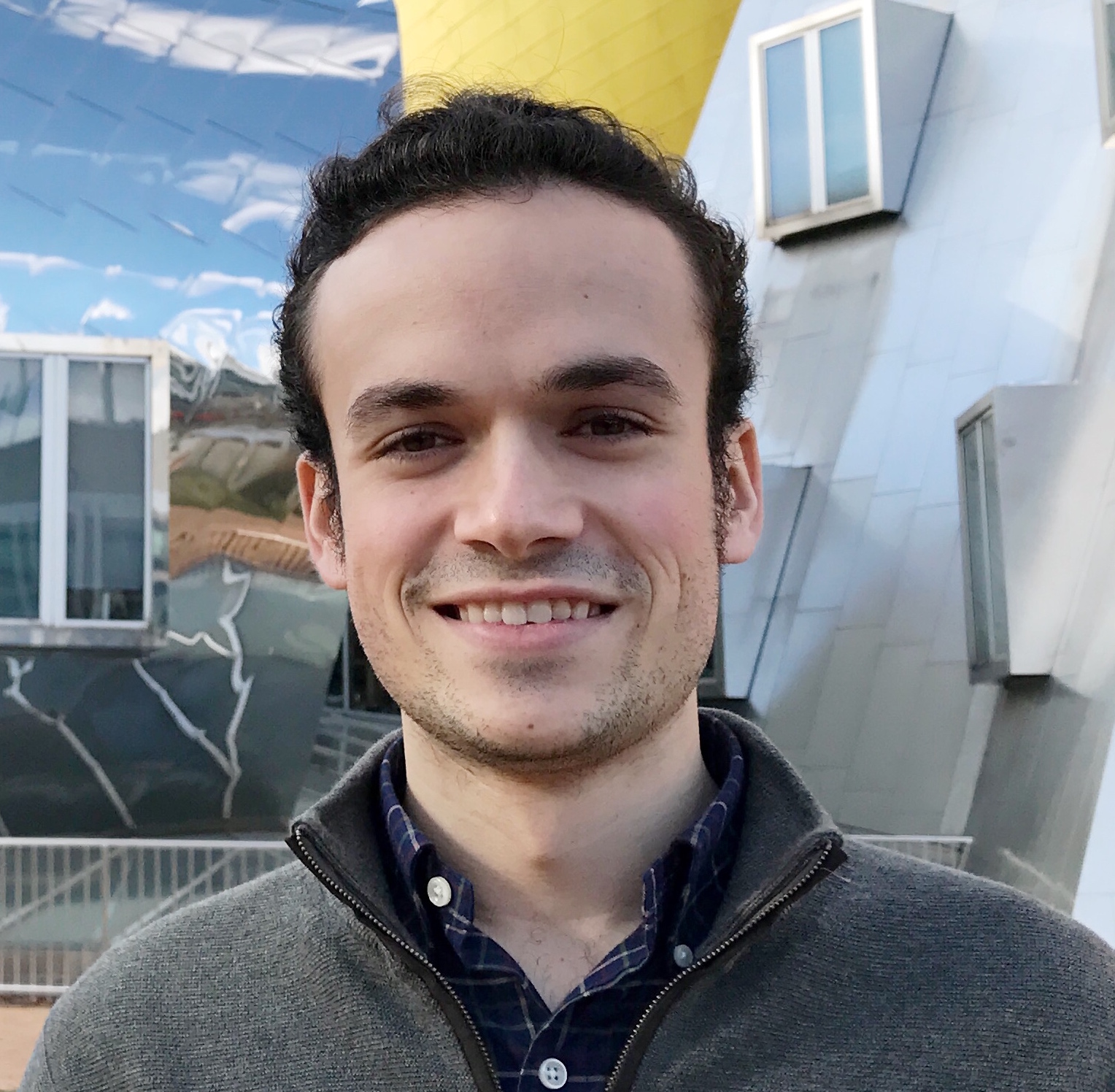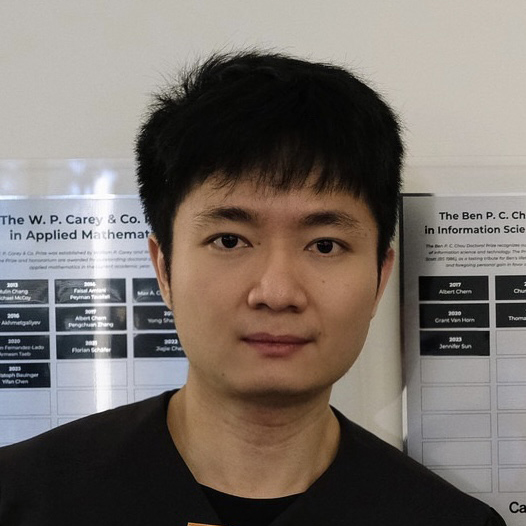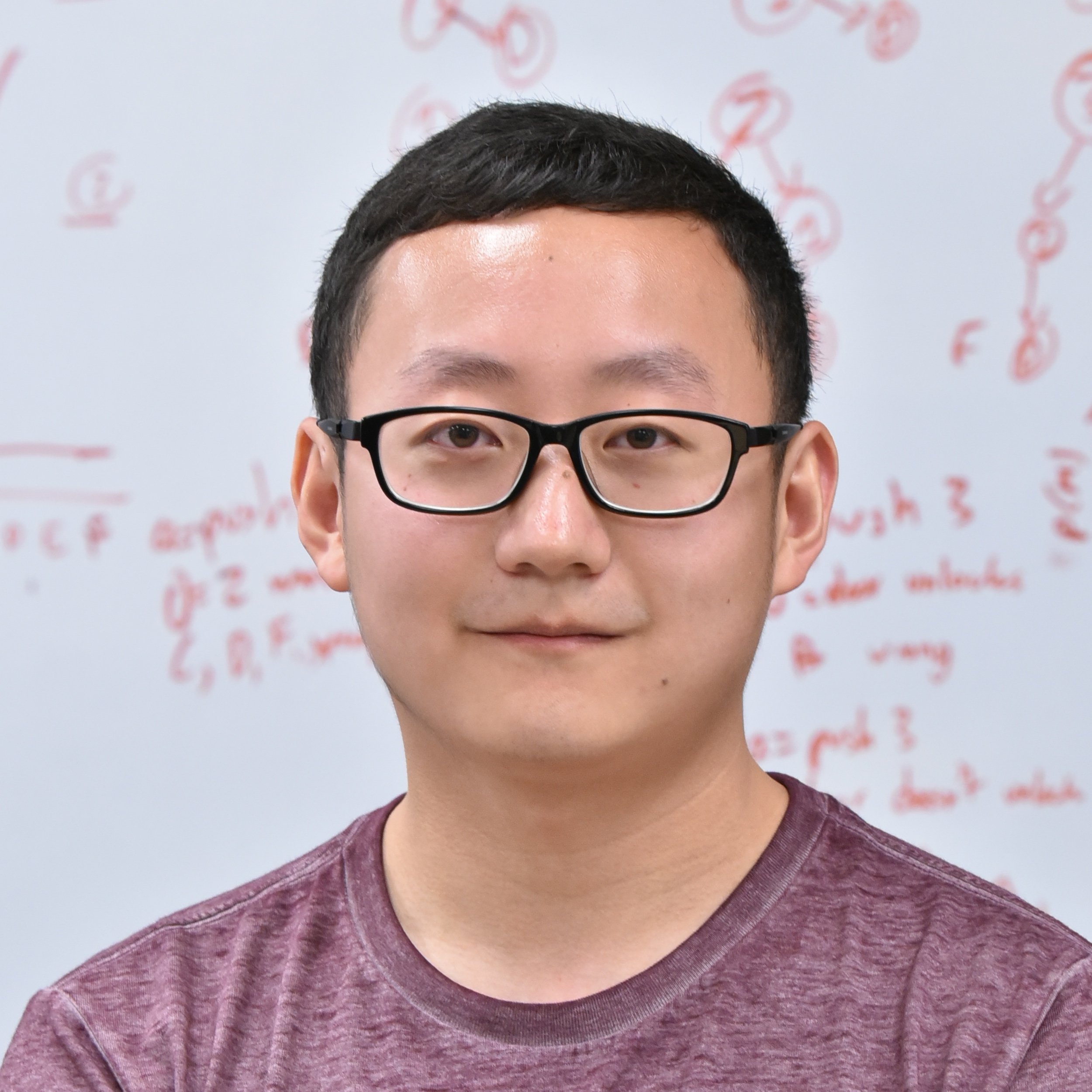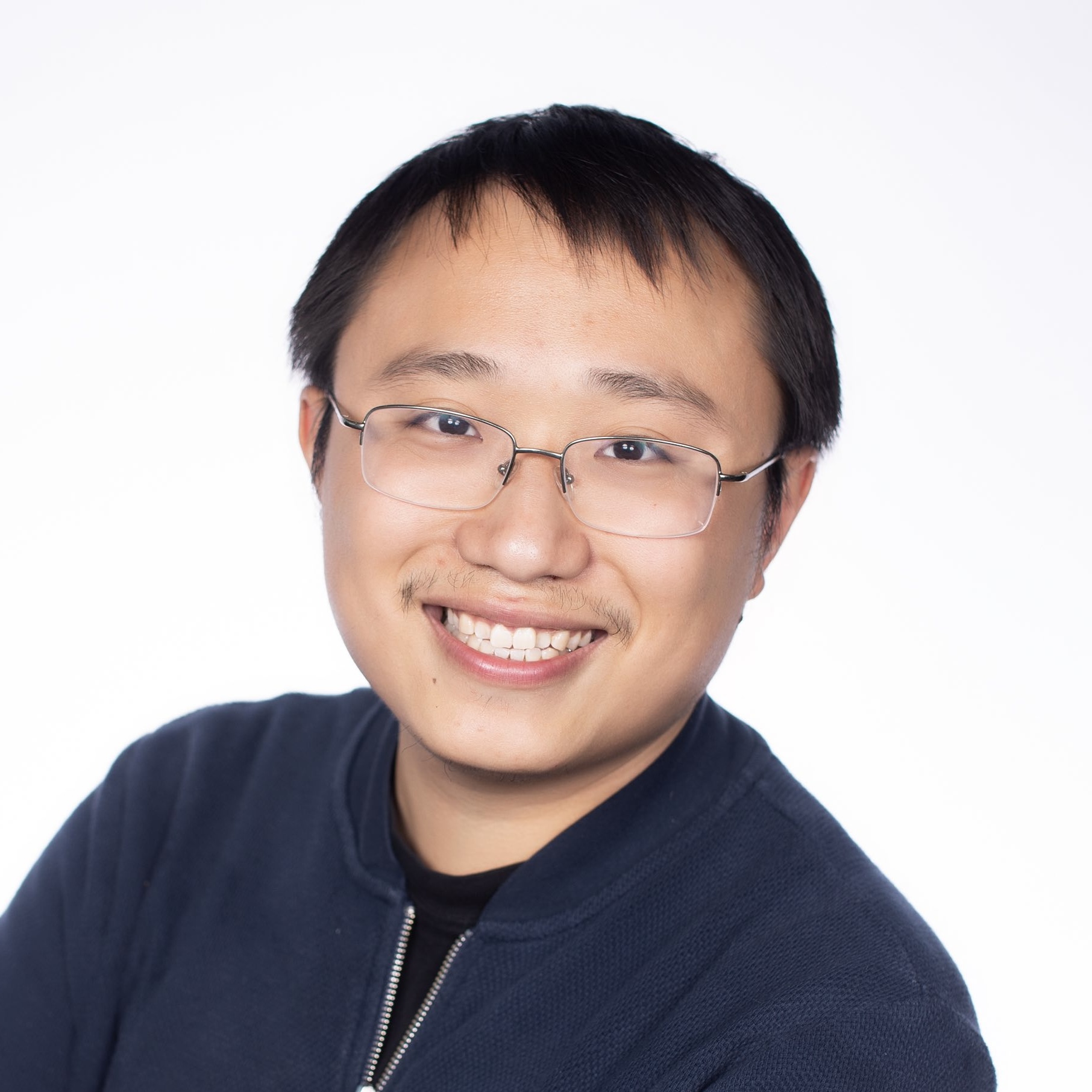About
Building AI agents that behave just like human beings—i.e., Humanoid Agents—has long been a central goal in AI research. Recent advancements have brought us closer to this goal, whether through humanoid avatars in virtual worlds or humanoid robots in the real world.
Developing such agents is an inherently interdisciplinary challenge, with various fields addressing distinct yet interconnected aspects of the problem:
- Computer Vision: motion capture and synthesis, human interaction modeling and generation
- Computer Graphics: character animation, physics-based simulation, digital humans for mixed reality
- Robotics: locomotion, whole-body control, dexterous manipulation, humanoid foundation models
- Cognitive Science: autonomous decision-making, human-agent interaction, social cognition
With many exciting advancements across these fields, we believe now is the perfect time to bring together researchers from diverse disciplines for an open and insightful discussion.
This workshop aims to facilitate the exchange of ideas, explore interdisciplinary intersections, and identify key challenges that can spark new insights and innovations. Additionally, it will serve as an opportunity to discuss ethical concerns and societal impacts, and strategies to address them through collective effort.
Awards
InterMimic: Towards Universal Whole-Body Control for Physics-Based Human-Object Interactions
Sirui Xu, Hung Yu Ling, Yu-Xiong Wang, Liangyan Gui
TokenHSI: Unified Synthesis of Physical Human-Scene Interactions through Task Tokenization
Liang Pan, Zeshi Yang, Zhiyang Dou, Wenjia Wang, Buzhen Huang, Bo Dai, Taku Komura, Jingbo Wang
TWIST: Teleoperated Whole-Body Imitation System
Yanjie Ze, Zixuan Chen, Joao Pedro Araujo, Zi-ang Cao, Xue Bin Peng, Jiajun Wu, Karen Liu
Emergent Active Perception and Dexterity of Simulated Humanoids from Visual Reinforcement Learning
Zhengyi Luo, Chen Tessler, Toru Lin, Ye Yuan, Tairan He, Wenli Xiao, Yunrong Guo, Gal Chechik, Kris Kitani, Linxi Fan, Yuke Zhu
Call for Papers
The list of accepted papers is available here.
We welcome submissions on frontier topics in humanoid agents, including but not limited to the aforementioned areas. Given the interdisciplinary nature of this workshop, we encourage submissions not only from the computer vision community but also from the fields of computer graphics, robotics, cognitive science, etc., as well as from industry practitioners working on related challenges.
Important Dates
- Submission Deadline: 2025/05/02 (11:59 PM UTC-0)
- Notification: 2025/05/20
- Workshop Date: 2025/06/11
Invited Speakers
The speakers are listed in alphabetical order by last name.
